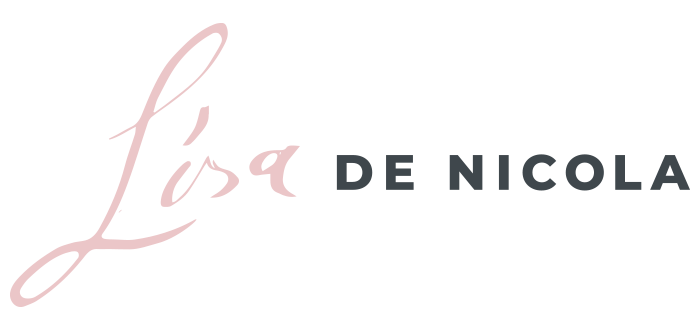During the past several months, we’ve seen how a global pandemic shapeshifted us in how we live and work. So much so, it’s made me wonder how fear has affected workplace cultures that are long overdue for a culture reset. The ones that have little to no pulse (in other words, they’re dead), the heart of it is gone and they need to be resuscitated.
Fear either motivates us to strive to greater heights and take action or keeps us stuck in our tracks. Which one do you recognize yourself in? For me, it’s been a motivator and lit a fire under me to do the things that seemed to live only in my head, while in other instances, I’ve been crippled by it.
Thankfully, I’ve learned over time to use fear as a motivator more than allow it to paralyze me from doing anything at all.
When it’s prevalent in a company culture, it can wreak havoc on employees achieving success in the organization. Decisions are made from a place of fear instead of empowerment, innovation and creativity are out the window and you usually have a sea of “yes people.”
Trust – with a capital T can’t live in the same environment as fear.
They just don’t fit together.
Most leaders have an idea of what their culture looks like, yet it’s often at odds with what employees see and understand their culture to be. In other cases, leaders will struggle with describing what their culture looks like and define what they want to be instead.
The gap here only reinforces a misalignment with belief leaders hold and what is throughout the organization.
Common signs of a fear-based culture can be anything from employees shying away from asking for what they need for fear of some repercussion, to simply a feeling of intimidation and fear of using their voice.
Others include:
- Not taking time off for fear of being judged or criticized
- A lack of boundaries and saying yes to all requests
- Working long hours and overworking yourself
- A feeling of walking on eggshells and not being able to share your ideas or voice your opinions
None of these examples require much to notice when fear is embedded throughout a company culture. It only requires awareness. Leaders are either oblivious to a toxic culture that’s in their very own backyard or don’t recognize it as fear at all.
Our societal expectations are also often at odds with what’s accepted in the workplace. On the one hand, we’re encouraged to ask for what we need and ask for support when we need it (just not at work).
We’re encouraged to speak up, use our voices, share our ideas and embrace our differences (just not as much at work).
We’re reminded that healthy relationships are based on a foundation of trust and need to be invested in and cared for to be successful (they’re just different at work).
A philosophy of caring for employees that supports and helps them thrive in all areas of their life allows people to show up fully and authentically as human beings.
Not just managed and viewed as employees in the workplace and without the fear of having to show up one way at work and another way at home.
Combatting a fear-based culture takes time and consistent, inspired action starting with leadership.
- It comes down to trust
- The quality of your working relationships and
- Includes both walking your walk and talking your talk
People need to see and feel a difference for a shift in the environment to be noticed and for others to follow. Check out this post on creating a culture of safety that offers some suggestions on how to create a safe workplace as a leader.
In an HBR article, Barbara Fredrickson from the University of North Carolina found when positive emotions like trust, curiosity, confidence and inspiration broaden the mind and help us build psychological, social, and physical resources.
She goes on to say, “When the workplace feels challenging but not threatening, teams can sustain the broaden-and-build mode. Oxytocin levels in our brains rise, eliciting trust and trust-making behaviour.”
As many of us are creating new norms post-COVID in work and life, the effects of a toxic and fear-based culture become that much more amplified adding to the many worries and challenges that people are already facing including emotional, mental and physical stress, job security and financial uncertainty.
I’d love to hear from you.
Do you recognize any of the signs mentioned above in your own company culture? If so, what’s one thing you can change starting today to foster more trust in your culture?
Let me know in the comments below.
Much love and appreciation
Lisa ?






